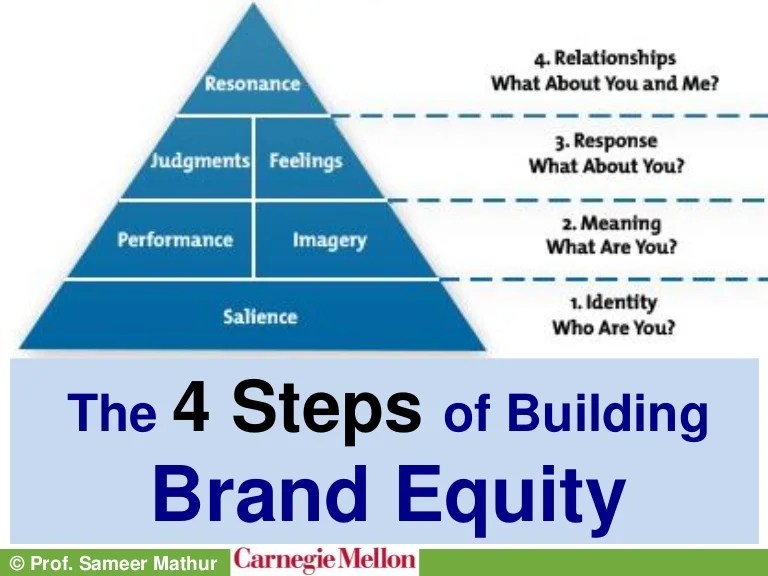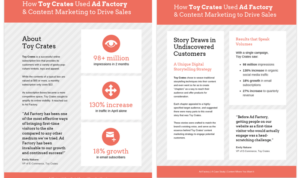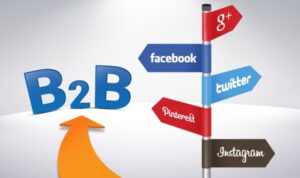Building Brand Equity starts with understanding the core elements that shape consumer perception and drive purchasing decisions. Dive into the world of branding and discover how companies establish a lasting impact through strategic marketing strategies.
Definition of Brand Equity

Brand equity is the intangible value that a brand holds in the eyes of consumers. It represents the perception of a brand’s reputation, recognition, and overall value in the market. Brand equity is crucial in marketing as it can influence consumer behavior, purchase decisions, and brand loyalty.
Examples of Strong Brand Equity, Building Brand Equity
- Apple: Known for its innovation, sleek design, and user-friendly products, Apple has built a strong brand equity over the years.
- Coca-Cola: With a long history, global presence, and strong brand image, Coca-Cola is a classic example of a brand with high equity.
- Nike: Through effective marketing campaigns, endorsements, and quality products, Nike has established a powerful brand equity in the sportswear industry.
Impact of Brand Equity on Consumer Behavior
Brand equity plays a significant role in influencing consumer behavior and purchasing decisions. Consumers are more likely to choose a brand with high equity due to factors such as trust, familiarity, and perceived quality. Strong brand equity can also lead to increased brand loyalty, repeat purchases, and positive word-of-mouth recommendations.
Building Blocks of Brand Equity
Building brand equity involves several key elements that play a crucial role in shaping consumers’ perceptions and attitudes towards a brand. These elements include brand awareness, brand loyalty, perceived quality, and brand associations.
Brand Awareness
Brand awareness refers to the extent to which consumers can recognize or recall a brand. Companies strive to increase brand awareness through various marketing strategies such as advertising, sponsorships, and social media campaigns. By enhancing brand awareness, companies can ensure that their brand stays top of mind among consumers.
Brand Loyalty
Brand loyalty is the tendency of consumers to repeatedly purchase products or services from a specific brand. Companies build brand loyalty by delivering consistent quality, providing excellent customer service, and creating strong emotional connections with their customers. Loyalty programs and rewards can also help in fostering brand loyalty.
Perceived Quality
Perceived quality is the overall judgment of a brand’s superiority or excellence in the marketplace. Companies can enhance perceived quality by consistently delivering high-quality products or services, investing in research and development, and obtaining certifications or endorsements from reputable sources. Positive reviews and word-of-mouth recommendations can also contribute to perceived quality.
Brand Associations
Brand associations are the mental connections that consumers make between a brand and specific attributes, values, or emotions. Companies can shape brand associations through branding elements such as logos, slogans, packaging, and brand messaging. Strategic partnerships, celebrity endorsements, and sponsorships can also help in creating strong brand associations.
Overall, companies employ various strategies to strengthen each building block of brand equity, ultimately aiming to create a strong and positive brand image that resonates with consumers and differentiates the brand from competitors.
Importance of Consistency in Branding
Maintaining consistency in branding efforts is crucial for building brand equity and creating a strong connection with consumers. Consistency helps establish a clear identity for the brand, making it easily recognizable and memorable in the minds of consumers. It also helps in building trust and credibility over time, as consumers know what to expect from the brand.
Examples of Consistent Branding
- Apple: Apple has maintained consistency in its brand messaging by focusing on simplicity, innovation, and design excellence across all its products and marketing efforts. This consistency has helped Apple create a strong brand identity and a loyal customer base.
- Coca-Cola: Coca-Cola’s iconic red and white color scheme, along with its classic logo and messaging centered around happiness and togetherness, have remained consistent for decades. This consistency has made Coca-Cola one of the most recognizable and valuable brands in the world.
Impact of Inconsistent Branding
Inconsistent branding can confuse consumers and dilute the brand’s identity, leading to a lack of trust and loyalty. When a brand’s messaging, visuals, or tone vary widely, consumers may not be able to form a clear image of what the brand stands for, resulting in a weakened brand equity. Inconsistent branding can also lead to a fragmented brand experience, where consumers may feel disconnected from the brand and its values.
Leveraging Social Media for Brand Equity: Building Brand Equity

Social media platforms have become a powerful tool for businesses to enhance their brand equity. With the ability to reach a vast audience and engage directly with consumers, social media offers unique opportunities to build brand loyalty and increase brand awareness.
Engaging with Consumers on Social Media
- Responding to customer queries and feedback promptly can show consumers that their opinions are valued, leading to increased brand loyalty.
- Creating interactive content such as polls, quizzes, and contests can help engage followers and strengthen the relationship between the brand and its audience.
- Collaborating with influencers or brand ambassadors on social media can help reach new audiences and enhance credibility.
Successful Social Media Campaigns
-
Starbucks’ #RedCupContest
encouraged customers to share photos of their holiday-themed Starbucks cups on social media. This user-generated content not only increased brand engagement but also showcased Starbucks as a festive and inclusive brand.
-
Dove’s #RealBeauty campaign
focused on promoting body positivity and self-acceptance. By sharing empowering messages and stories on social media, Dove was able to connect with consumers on a deeper level and strengthen brand loyalty.





